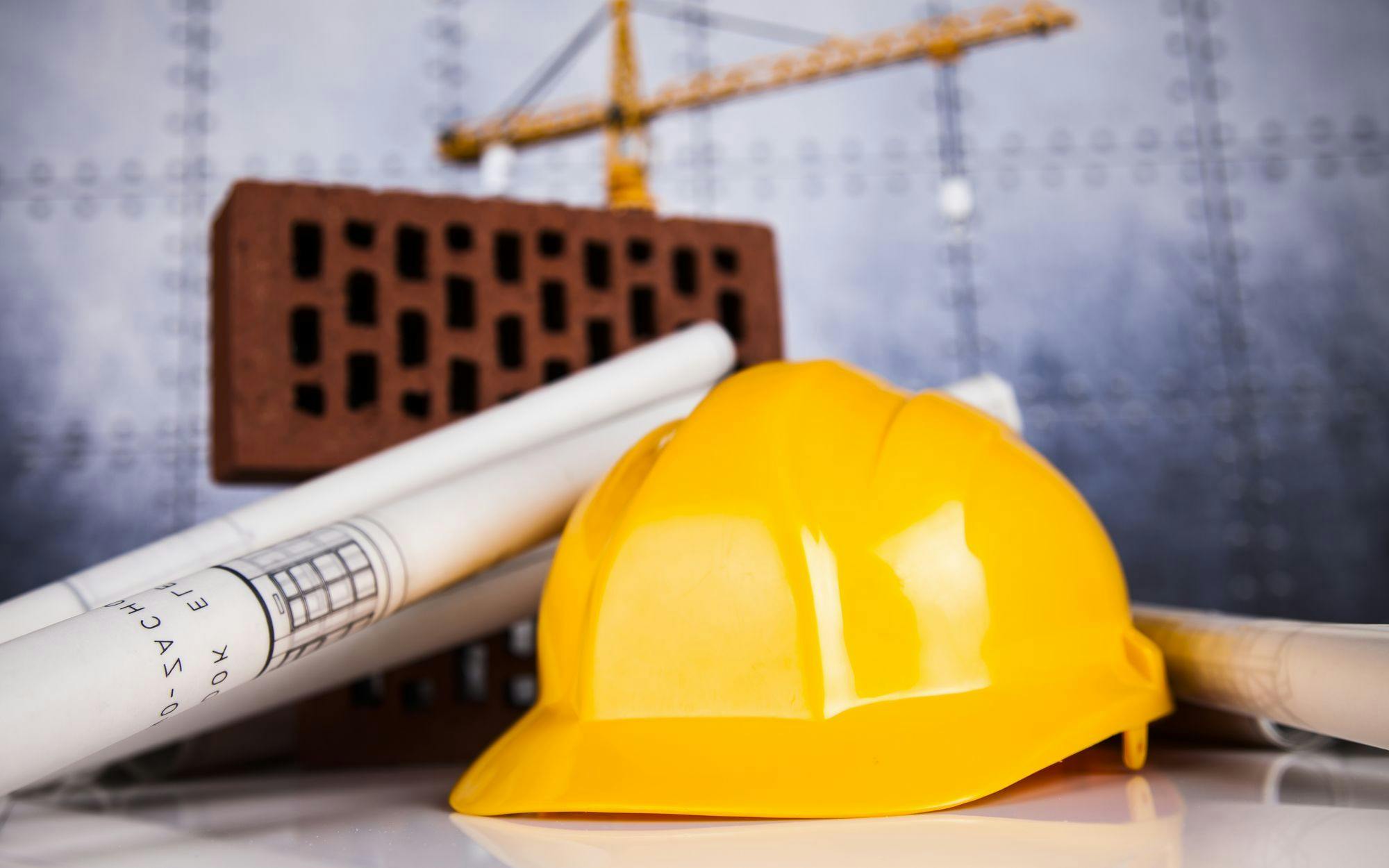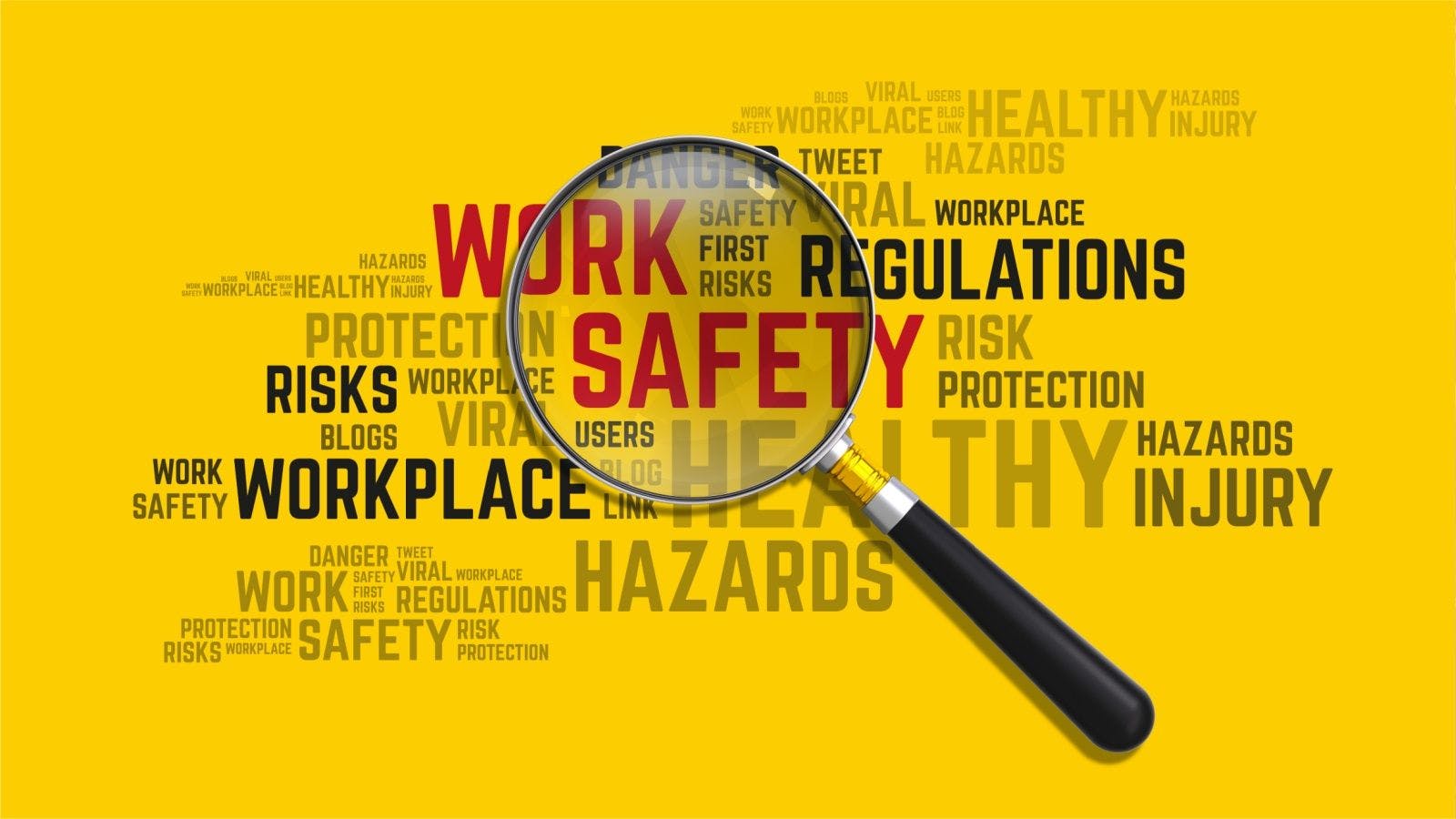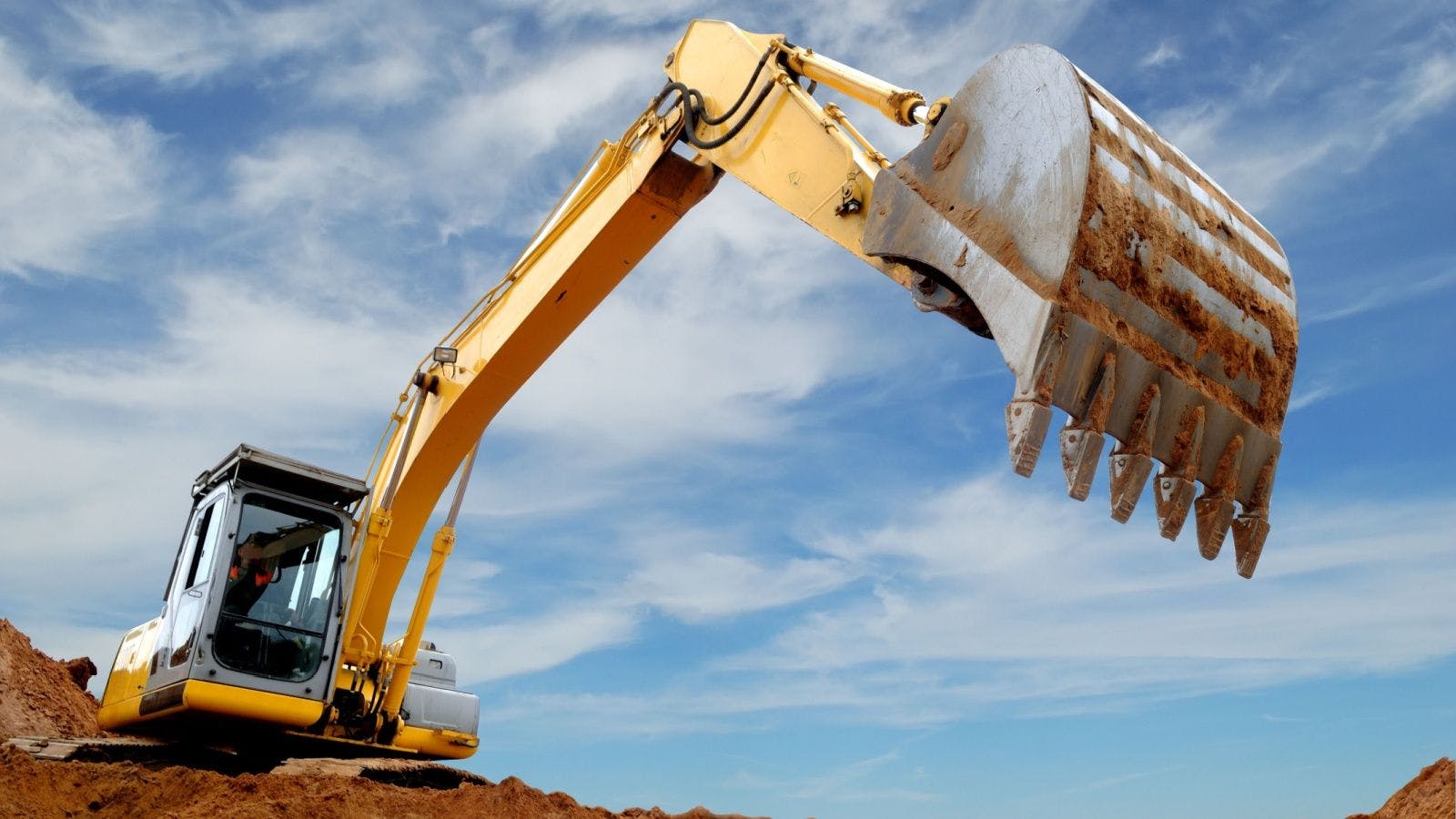
What Insurance Coverages Do Subcontractors Need?
A general contractor who fails to properly vet its subcontractors could be financially liable should something go wrong. Since most of the risk is pushed down the chain to the subcontractors themselves, it’s extremely important for these companies to ensure they’re adequately covered in order to protect their own business and employees.
Why Subcontractors Need Insurance
Subcontractors work in industries that come with unique risks. In terms of insurance requirements, they need to carry the same type of insurance that general contractors do, while also ensuring their limits are adequate. But how does a subcontractor know what’s adequate?
It’s very important for subcontractors to make sure they thoroughly read each contract they enter. Often, insurance requirements can change based on the customer and project type. A subcontractor’s limits should be comparable to the general contractor's policy limits. This will help ensure that both the general contractor and the subcontractor performing the work are sufficiently protected if an unforeseen accident or incident occurs.
Types of Coverage Needed
Prior to starting a job, most general contractors will ask subcontractors to provide documentation for three types insurance coverage, including general liability, workers compensation and commercial auto. Subcontractors should also carry a few other coverages that help minimize their business risk, including:
- umbrella;
- commercial property;
- cyber;
- employment practices liability insurance (EPLI); and
- bonding.
In addition to these policies, there are also two other types of more specialized insurance that subcontractors should consider having in their toolkit:
- Pollution. Depending on the nature of the business, pollution insurance may be an important investment. Most companies can add endorsements to their general liability and/or auto policies; however, purchasing a standalone policy is usually the better option. Pollution insurance helps financially safeguard a business from legal defense fees and clean-up costs, and provides coverage for injuries and medical costs.
- Errors & Omissions. Mistakes happen. But in the world of construction, errors can often be extremely expensive. Errors & omissions (E&O) insurance protects subcontractors against claims of negligence, incorrect advice or recommended services that result in financial loss to the customer.
Protecting the Contractor’s Reputation
General contractors and subcontractors are both businesses, meaning their reputations are always on the line. Whether a general contractor is hiring a subcontractor, or a subcontractor is hiring another subcontractor, it can be tempting to hire the cheapest company in town or the one who’s available immediately. But that may not be the smartest idea. When beginning a new project, contractors should always ensure that all other contractors they’re working with are vetted, reputable and reliable.
As a subcontractor, it’s important to have the right insurance policies in place. Not only will this help to ensure adequate protection for the business and its employees, it also helps position the company as a valued partner. All contractors are looking to find partners that they can trust. A company should always perform its due diligence by checking references and verifying proof of insurance. Subcontractors (and all businesses, for that matter) should take the time to speak with a knowledgeable insurance agent to determine what coverages and limits are appropriate based on the company’s business and industry.
Related stories








